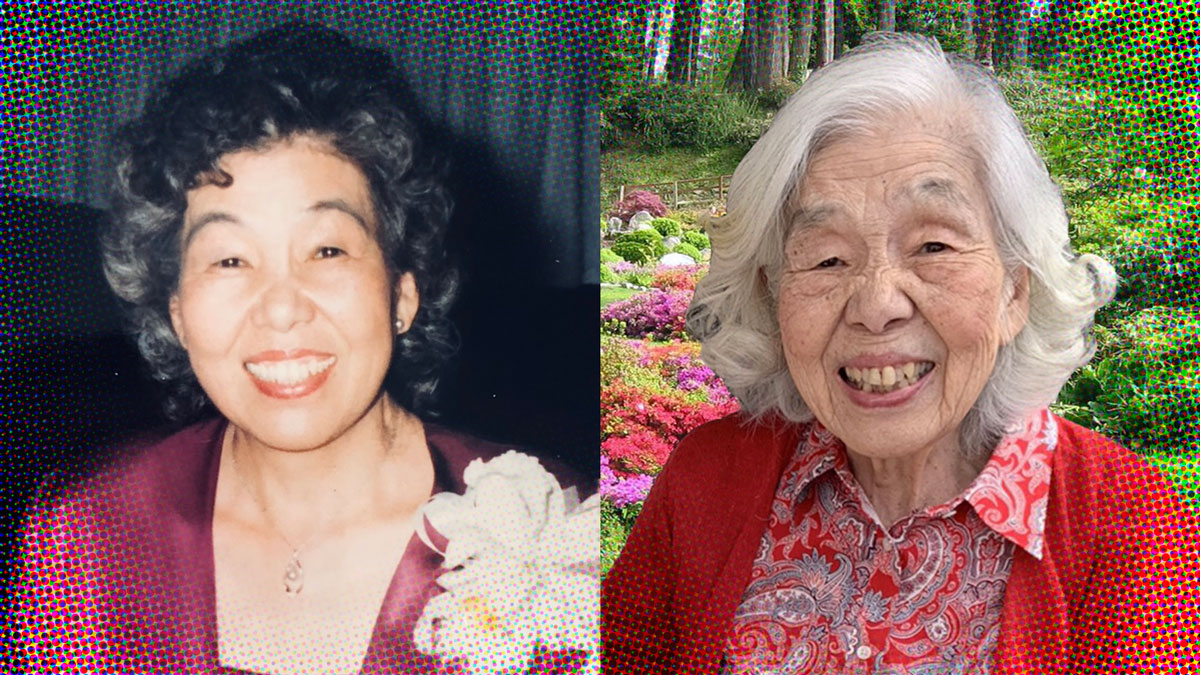5 Tips for Mindful Journaling
James C. Hopkins on how—through writing—you can find the flow of awareness, free of judgment. The post 5 Tips for Mindful Journaling appeared first on Lion’s Roar.

Twenty years ago, my partner and I decided to quit our jobs, leave our country, and check into a Tibetan Buddhist monastery in Kathmandu. We were determined to get enlightened, whatever that meant. I’d been active in the poetry community back home—getting published, hosting workshops, doing readings in cafés, and composing half-decent poems—but I’d come to believe that writing was a distraction, an ego-serving activity that must be abandoned in order to become “a serious spiritual practitioner.” So, I stopped writing.
As it turns out, this was a bad decision. Not only did I miss writing, I also eventually noticed that language is often used to liberate the mind. In service of meditation, poetry, simile, and metaphor abound: “Samsara is like licking honey off the blade of a knife.” “The moon of the dharma shines equally in a hundred bowls of water.”
I realized that language can be a tool for understanding that which lies beyond concept and that writing can be part of a path that might at least point in the direction of awakening. So, three years after abandoning it, I went back to writing, and mindful journaling became a key practice for me.
It’s a way to open to immediate or recent experience. The main idea behind journaling is usually about capturing the moment—just “getting it down on paper.” Revision comes later, but journaling itself is nonjudgmental and observational. In this way, journaling is like meditation.
The Tibetan word for meditation is gom, which is usually translated as “to become familiar with.” So, meditation is the practice of simply sitting and becoming familiar with your mind—watching thoughts as they come and go, allowing the mind to settle, and becoming familiar with that state. In meditation, you observe thoughts arising, without naming them, without liking them or disliking them. Breathing is happening. Sound is happening. You’re observing your mind.
Journaling is also a way of becoming familiar with the mind. There’s a “beginners mind” aspect to journaling where the pen is moving, and you’re capturing details, impressions, passing thoughts, and observations as they occur. You’re not yet shaping your feelings and thoughts; you’re just familiarizing yourself with them.
Mindful journaling and mindfulness meditation are both practices and habits that must be cultivated. What follows are five tried-and-true tips for mindful journaling.
Maximize Your Intentionality
If you’re starting a journaling practice at home, set aside a dedicated time and place. If possible, sit in a favorite chair or at a special desk, maybe one not used for activities like working online.
Don’t try to journal for hours. Just do it for five to ten minutes. Then take a break. Try not to get distracted, and when you are distracted, come back to the journaling, just as you come back to the breath when you’re distracted in meditation.
Remind yourself: “I am doing this. I’m taking it seriously.” Hold on to details, but not tightly. Be open to revision, but later.
Use a Poem to Start
Maybe your morning journaling practice takes off just by putting your pen to paper. But maybe it doesn’t always come easily, and you need a way to kick-start the process. Consider opening up a book of poetry and reading a poem. It just might inspire you.
Laurie Wagner is a popular writing teacher and coach in the San Francisco Bay area, as well as the author of seven books. Wagner begins her online poetry classes by reading a poem. “The poem is like micro-dosing,” she says, “An elixir. Because it’s short, it’s not lobbing anything at you. The poem can take you into a world very quickly. When we hear the poem we don’t ask, ‘What does this mean?’ but rather ‘Where does it take me?’”
When journaling, a starting poem spins you around and plays with you. It reminds you that we’re all able to experience a world beyond concept. The poem points us to that world, and for a moment, we’re present in its nonconceptual beauty.
When You Get Stuck
Journaling is about expressing and exploring, not using the destination-oriented critical mind. In journaling, we’re willing to host everything that comes through, without eliminating things because they “don’t fit.” But sometimes, we get stuck in the middle of that process, and when we do, there are phrases that can help us get back into the flow.
Here are some phrases to facilitate exploration:
What I really want to tell you is…
If you really knew me…
What I forgot to say is…
I don’t want to talk about it, but…
These jump-off lines aren’t intended to start us over again; rather, they help us go deeper and access our own material. These lines keep us open, driving us back into the process. Feel free to come up with your own go-to phrases
No Judgment
When best-selling author Eric Weiner tries to meditate, he reports feeling very judgmental. He thinks, “I can’t do this meditation—shit! I’m thinking again!” As Weiner puts it, “That’s the judging mind, and it gets in the way of meditation. It’s the same with journaling.” You need to bypass thoughts like “I can’t write” or “That detail doesn’t matter.” Later, when you go back to revise, says Weiner, “then the critical faculties of the mind come in, and you are judging. In the first stage, however, just kill your internal editor.”
With mindful journaling, we’re trying to get out of our own way and remain in the flow of awareness without any judgment, to get to ourselves. We’re trying to reach something that’s still us, but more essentially us. That’s what journaling is about.
Fully Engaged, Without Attachment
With journaling, you’re letting go and trying to be honest with yourself. You’re excavating the mind. You’re letting things move through you. Later, you may edit and modify in order to make a point or advance your opinions. But before that happens, at its best, both the mind and the writing are in sync. You’re not detached when writing; you’re fully engaged, but you’re nonattached to the outcome.
Jeff Greenwald, a best-selling author and photographer, says, “All aspects of writing call for mindfulness because you always want to be in the moment. It’s like riding a motorcycle. You’re completely focused when you’re in that moment.”
Integrating mindfulness practice and creativity of any kind seems always to be a good idea, but the merging of mindfulness and journaling is an especially potent mixture. It gives access to a whole conscious universe that includes instinct and intuition. What comes out of the practice of mindful journaling is powerful and surprising, fresh yet familiar.
When James C. Hopkins retired from his job as a stockbroker in 2004, he checked into a Buddhist monastery in Kathmandu and has been living there ever since. He’s the author of various books of poetry, including A Sleeping Tiger Dreams of Manhattan.

 ShanonG
ShanonG 






























